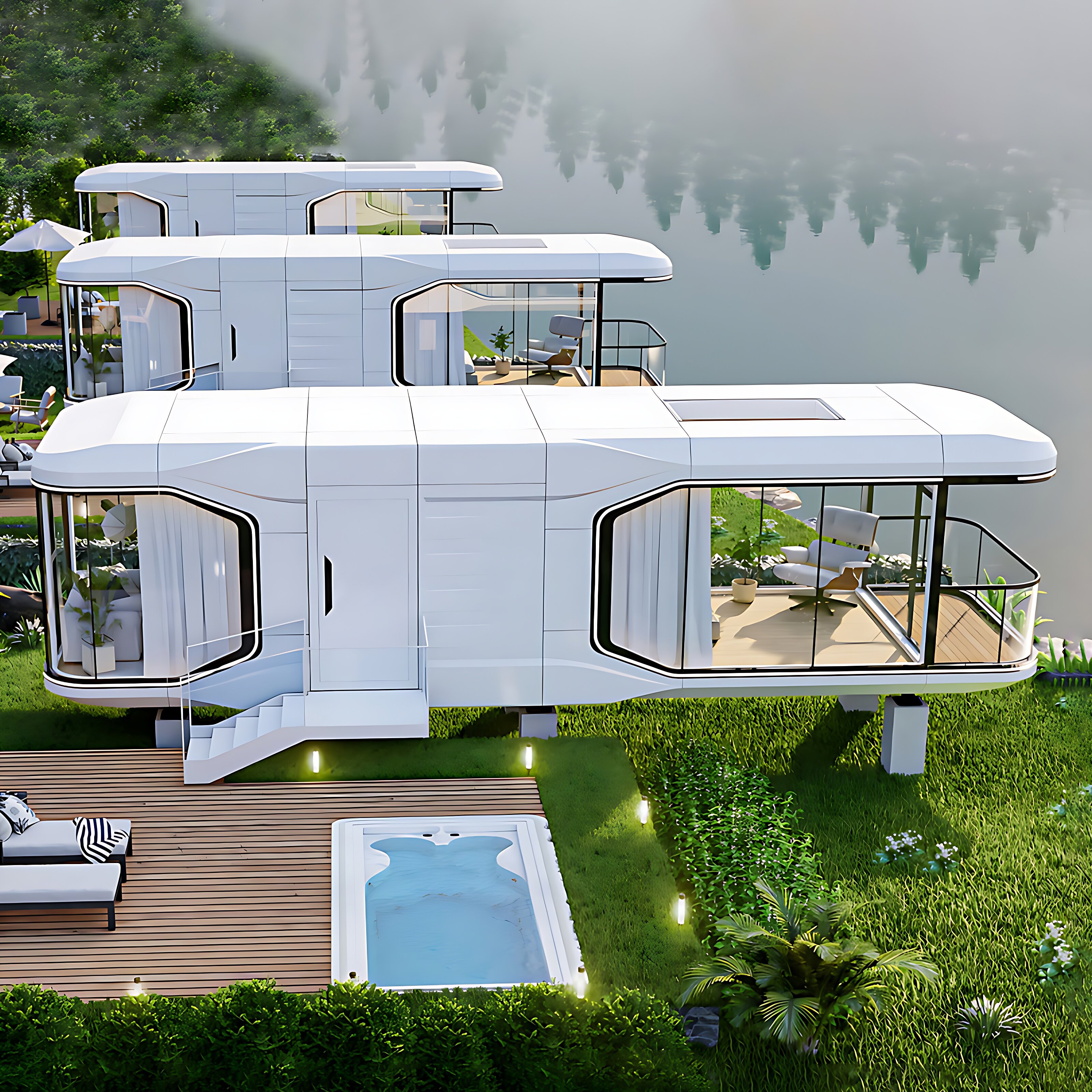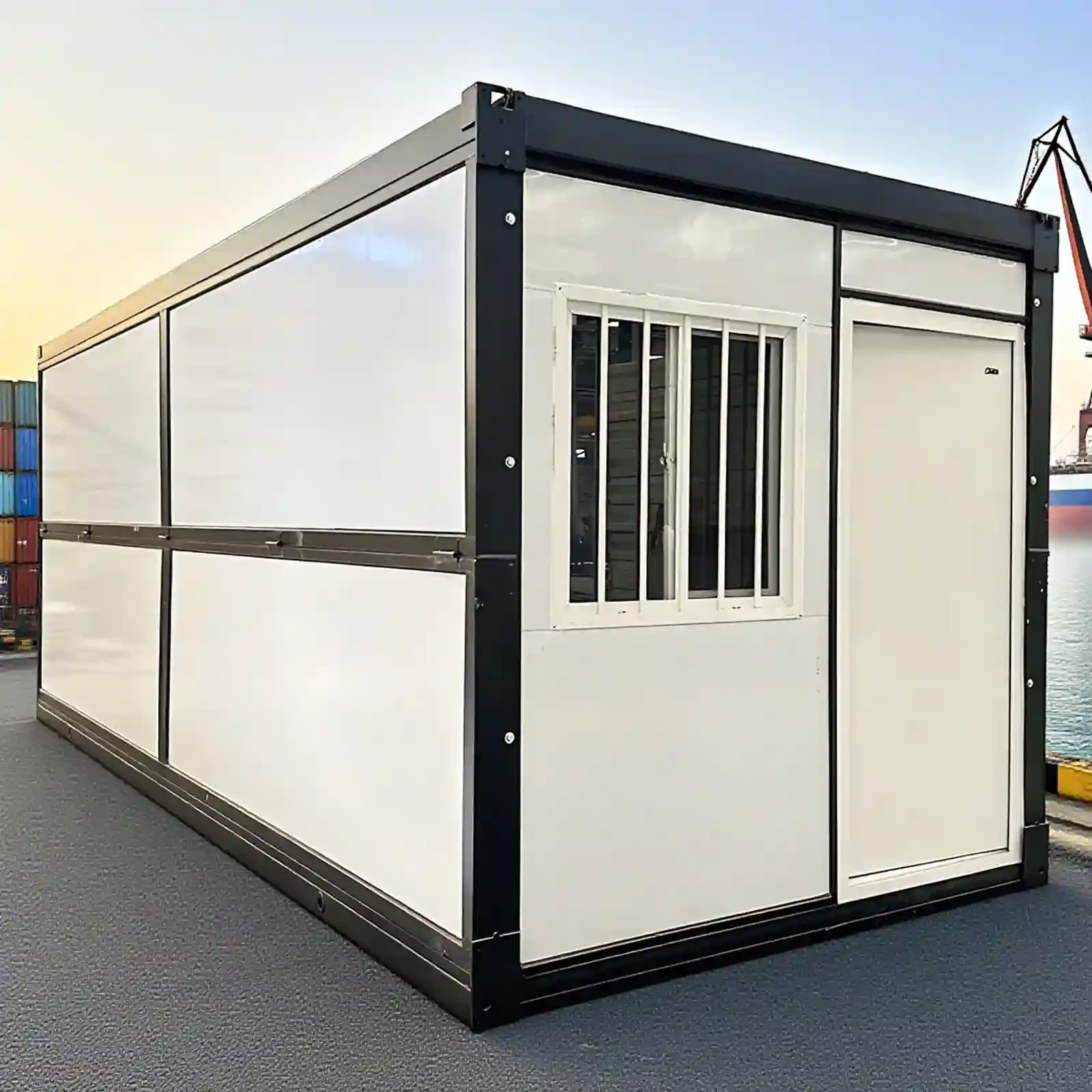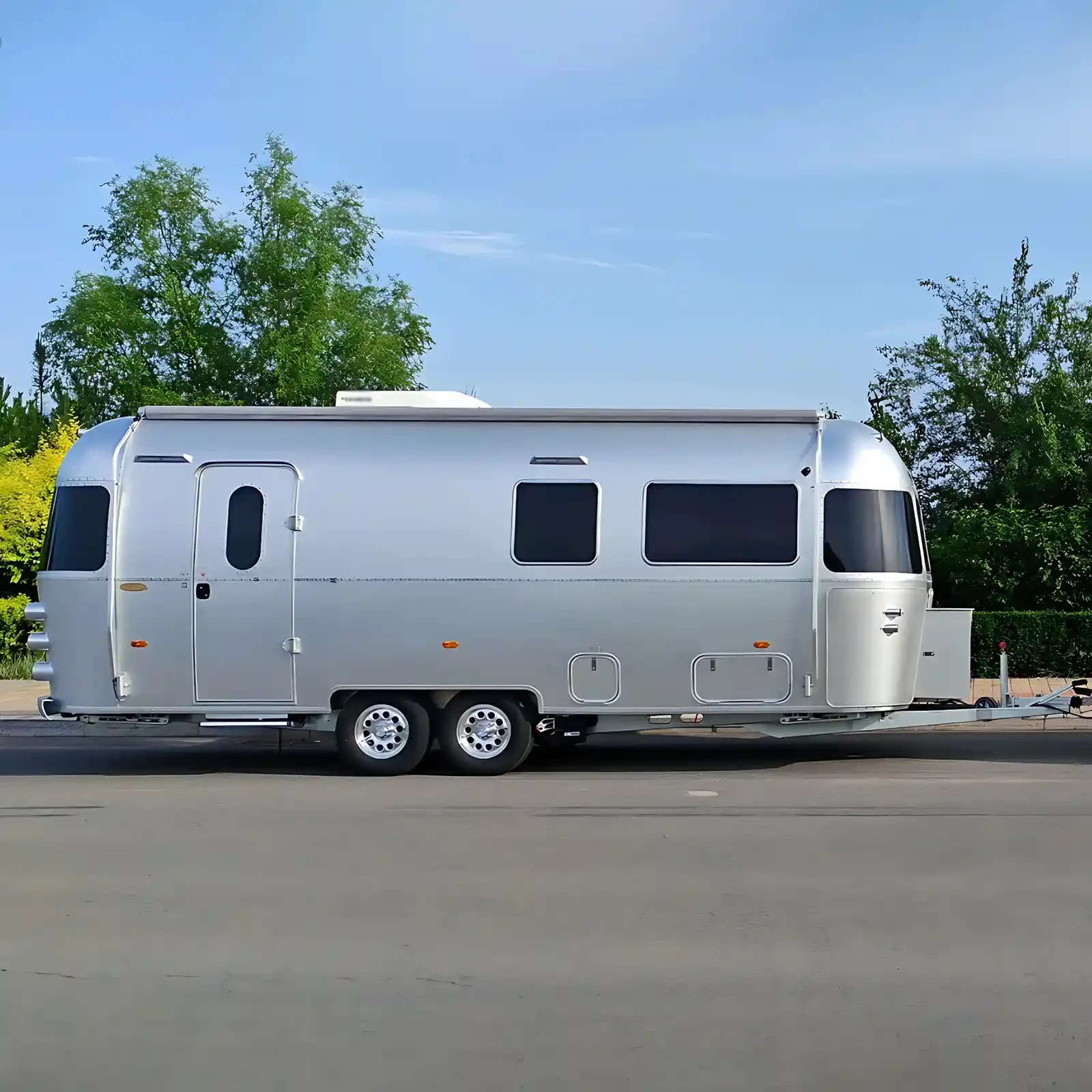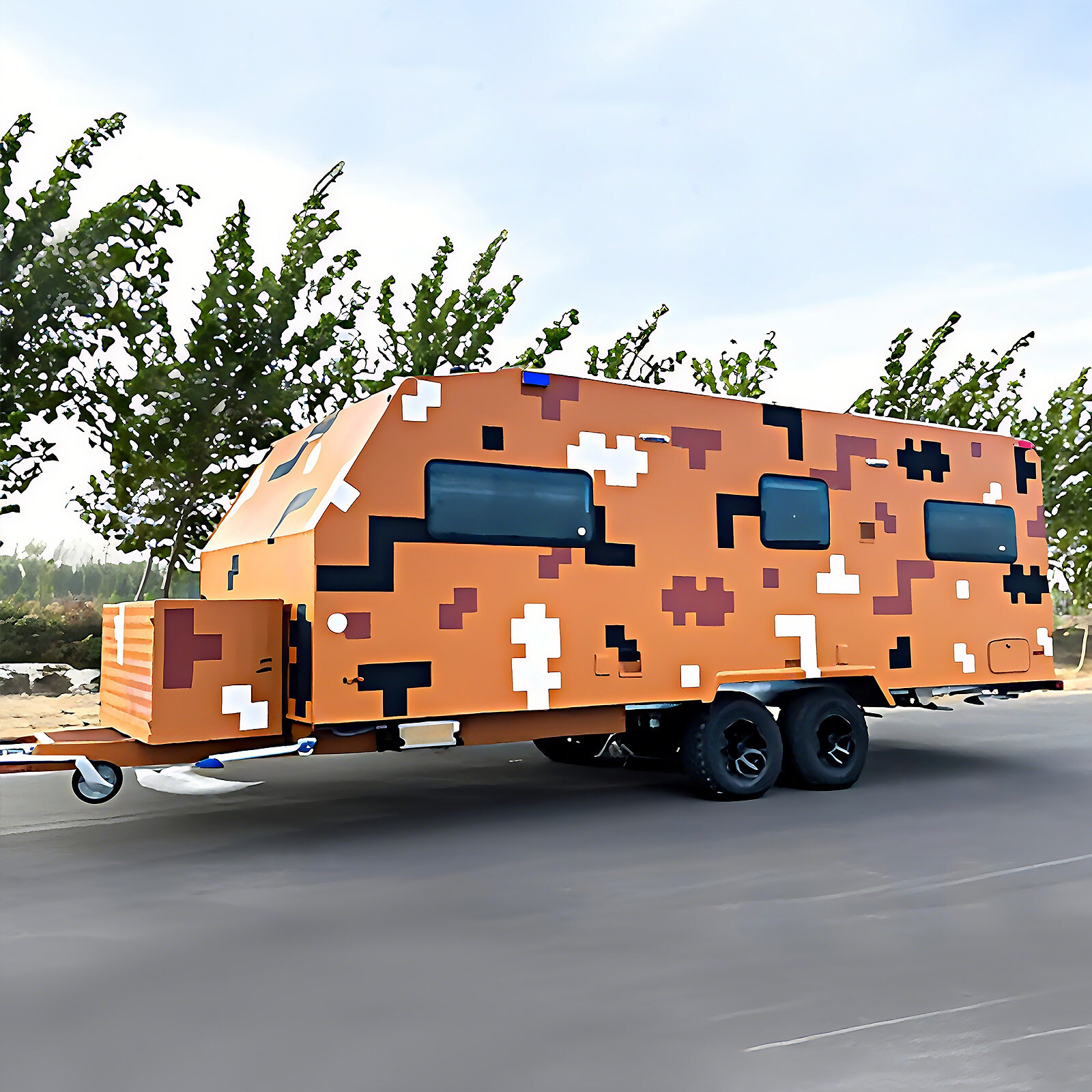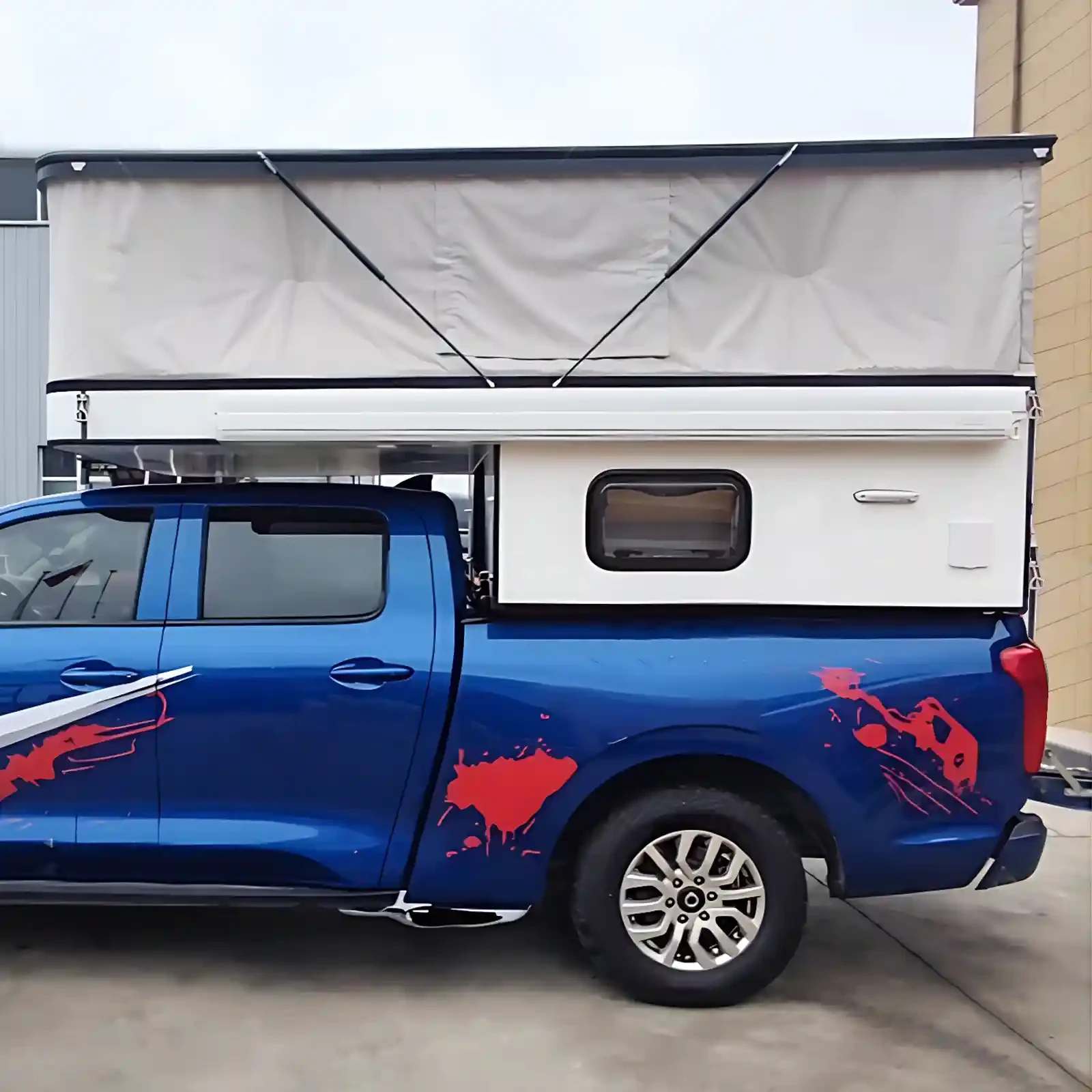The gradual development of the RV market reveals that campsites, while attracting visitors solely through accommodation, have been quite limited. Entertainment, events, equestrianism, outdoor training, archery, and other outdoor sports have become key business areas for campsites. Campsites are now offering diversified products tailored to local environmental characteristics, including RV sales, rentals, and local specialty products, to create comprehensive destinations. For campsites reliant on scenic areas, which represent a significant proportion, tranquil mountain and woodland environments are more suitable for developing healthy and leisure service offerings, which perfectly aligns with policy and market demands.
Targeting customer groups
Currently, most RV owners are between 35 and 60 years old, pursuing a leisurely, quiet, slow-paced life, with a high degree of work freedom and long-term travel plans. For this group of people, a basic natural scenic environment is just right. Forest cabins, pastoral scenery, meditation spaces, mountain teahouses, and gyms all meet their health philosophy.
Business Module
Apart from the "one quiet and one active" module settings for the target customer group, the health and wellness content currently operated by the campsites is hot springs. Campsites with hot springs as their main signature, such as Meixian Qinling Taibai Mountain Hot Spring Camp, Hailuogou No. 2 Camp, Nanjing Tangshan Hot Spring RV Camp, etc., all use their natural hot springs as an attraction to create more differentiated health and wellness service modules, which are particularly advantageous in the winter market.
Supplement of campsite: Yijia RV station
Yijia RV Inn aims to establish a chain of RV campgrounds/inns in tourist villages. Initially, Yijia will renovate existing parking lots at traditional folk customs, farmhouses, and scenic spots in the Beijing-Tianjin-Hebei region, creating compact, lightweight micro-inns. These inns will be deployed throughout surrounding villages and along rural tourism routes. The inns will collaborate with rural tourism projects such as fruit picking, fishing parks, equestrianism, homestays, farmhouses, parks, parent-child parks, and golf courses, and will be promoted and operated in a unified manner. Furthermore, Yijia will establish complementary routes to these routes, allowing inns to share in the rural tourism economy while addressing the challenges of insufficient supporting facilities. Yijia will serve its enthusiasts with concrete actions, achieving mutual benefits and win-win outcomes with its partners.
After the project is completed, it will have a huge impact on the local economy, quickly launch the golden tourism route of the ecological agricultural sightseeing tourism area, gradually extend the industrial chain of each functional area, continuously improve tourism projects and basic supporting facilities, and cultivate new economic growth points for the tourism industry in the entire region. The economic and social benefits are very significant.
Common natural environment health and wellness camps are often integrated with existing scenic spots and rural tourism resources. They have low development costs and attract a large number of visitors. They use the natural and cool forest environment to create their own unique characteristics and attract self-driving tourists from cities.
There are also many camps that offer expanded sports and leisure projects. Creating outdoor expansion projects through the surrounding environment can not only exercise the body and mind and develop new health service formats, but also serve as a special attraction for the camp. Integrating these areas with tourism will directly promote the development of the tourism health industry.
Comprehensive Ecology
The relatively narrow scope of health and wellness services independently developed by camps and the lack of a true core expertise make it difficult to establish a foothold and maximize resource advantages. Currently, collaborating with traditional health and wellness bases to jointly develop integrated services and establish distinctive ecological health and wellness operations with a richer product portfolio is a convenient and effective approach.
In early 2018, to guide and promote the integrated development of tourism and the health services industry, the National Tourism Administration issued the "National Health and Wellness Tourism Demonstration Base" standards. These standards aim to create a number of comprehensive health and wellness tourism destinations with comprehensive industrial elements, a well-developed industrial chain, and robust public services. This policy support has paved the way for the health and wellness industry and nurtured a number of health and wellness destinations, expanding beyond campsites and resorts. For example, Panzhihua Oufang Camp was recently designated as one of Sichuan's first "Forest Health and Wellness International Cooperation Demonstration Bases," fostering its development into a health and wellness destination.
The greatest advantage of a health and wellness base lies not in its policies but in its product offerings. Visitors can experience the joy of searching for herbs, prepare their own medicinal dishes, and practice traditional health exercises. Acupuncture, massage, herbal baths, and herbal diets are all available. The management center will tailor treatment plans to suit visitors' physical conditions and needs. Leveraging its resource advantages, the center will develop ecological health products, medical and healthcare products, sports and fitness products, and dietary health products, creating a core competitive health tourism product system.

 USD
USD
 GBP
GBP
 EUR
EUR
